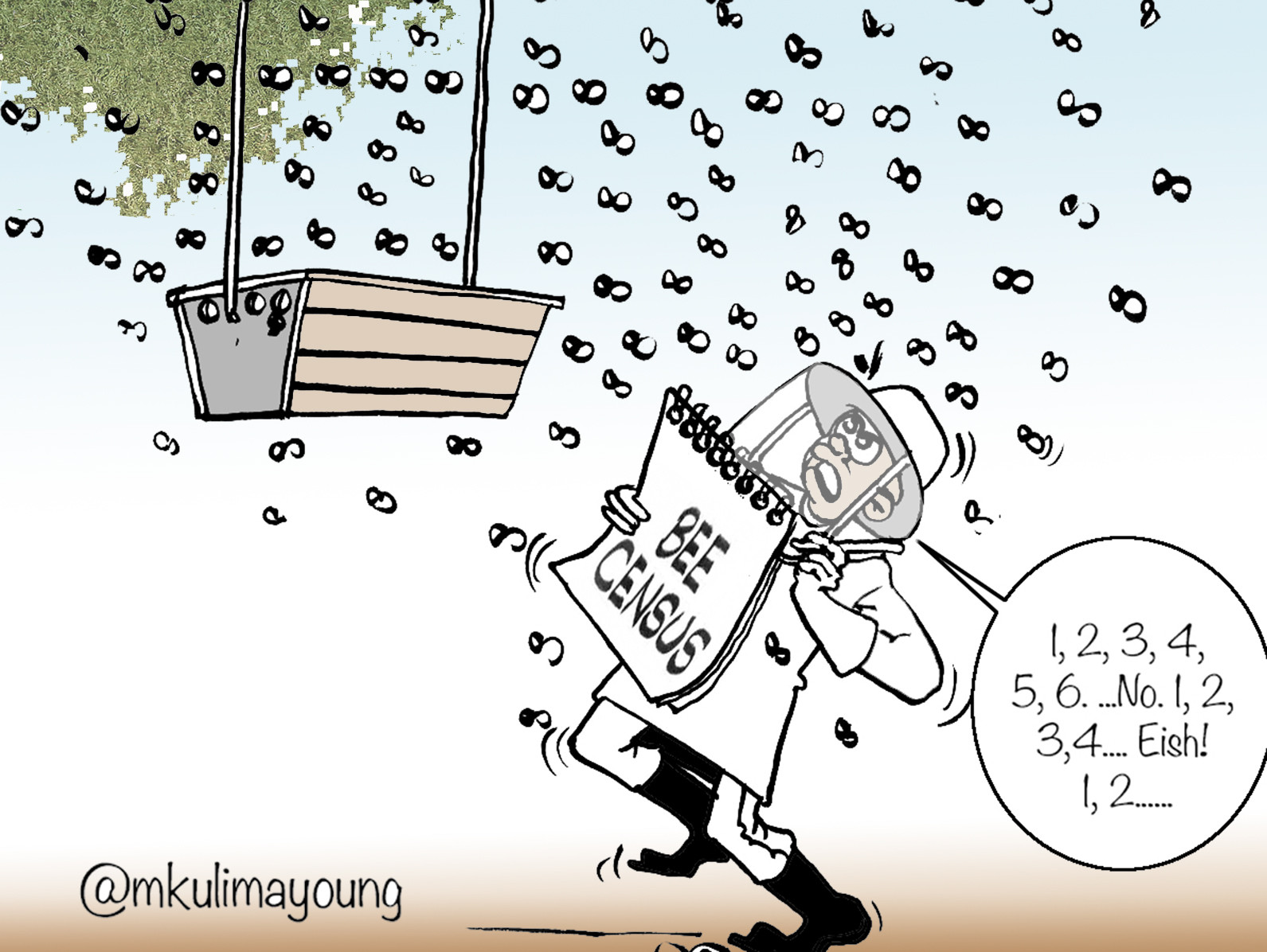Kenya's new livestock laws largely progressive but may criminalise farming
By Boniface Otiende
Over the last few weeks, there has been uproar in Kenya over a new Livestock Bill developed by the Ministry of Agriculture and set to be debated in parliament. Through the bill, its drafters are hoping to consolidate all the laws relating livestock and livestock products for efficiency in the sector.
A perusal of the bill shows that the proposals actually do this - on paper, for practicality, we will have to wait and see.
Top on the list of the things the bill proposes is the creation of the National Livestock Regulatory Board to manage most of the affairs in the industry.
This organisation will be headed by a chairperson and among its members will be county agriculture executives.
One of the functions of the board that appear good on paper will be to enforce standards for forages baled and ensiled for sale. In a country where hundreds of small-scale farmers scattered across the country are involved in the business, one wonders how the board will achieve this role.
Second, the board will also regulate design and construction of all animal structures. Again, the practicality of this role baffles the mind.
Thirdly, this organisation will also register all producers (farmers), breeders, processors and manufacturers in the sector.
Farmers, in particular, have read malice in this role of the board as anyone who fails to register or get a license will be committing an offence and will be liable to Sh100,000 fine, a year in jail or both.
To ensure farmers register, the government will employ inspectors who would be walking around to check if people are keeping livestock and are not registered.
This proposal is the most contentious so far in this Bill and has been opposed by a number of farmer organisations.
To say the least, it criminalises farming instead of encouraging it. In a nation where government offers no incentives to farmers or potential ones, asking every person keeping any form of livestock to pay a licence or face criminal charges will push many out of farming; this is counterproductive.
The practicality of ensuring every farmer registers notwithstanding, the government seems to be keen on raising some revenue from smallholder farmers without offering any incentives.
Granted, the law excludes farmers who keep livestock for subsistence from getting licences. Well, the problem with this provision is that most smallholder farmers in Kenya keep animals for subsistence and sell the surplus produce - for some little income.
With such state of affair, the government will have to be at war with its citizens to isolate those who are not farming for subsistence from those farming commercially.
All said, registration itself is not a bad thing. In the developed economies, all farmers, traders and processors are registered and they do it at their own volition because they need to get incentives from government.
In Kenya, however, the government seems to be keen on registering and traders for taxation purposes and not to serve them.
Rather than register individual farmers or traders, why can't the government ask farmers to join or form cooperatives and then work with the societies for ease of management of the sector.
The proposal to create Livestock and Livestock Products Marketing Board should be lauded because it is progressive.
One of the things the board will do is to facilitate marketing of livestock and livestock products locally and abroad through provision of information intelligence on supply and demand.
The success of this board will, however, depend on how fruitful the registration will be for farmers to benefit from market information.
Another progressive proposal in the bill is the creation of the Kenya School of Animal Sciences to coordinate and streamline training of vet practice at certificate and diploma level.
Lastly, the laws recognise emerging livestock like quails, ostriches and guinea fowls, whose domestication is on the rise but the birds are still considered wild, thus, farmers have to get licences from Kenya Wildlife Service. Farmers expect the law to end this practice.
The writer is a livestock services provider

